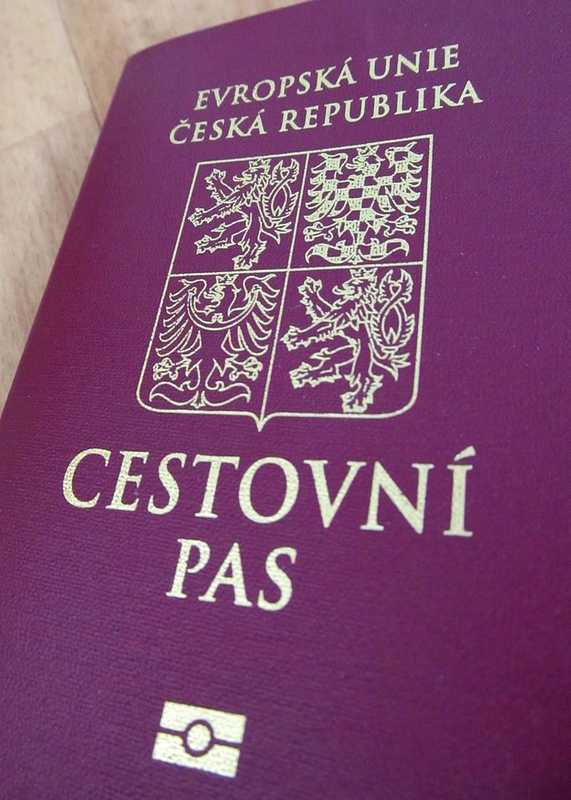
BEIRUT, Lebanon — Five Czechs and their Lebanese taxi driver disappeared in Lebanon’s Bekaa Valley on Saturday in an episode that the authorities said they were investigating as a possible kidnapping.
The Czechs’ car was found in Kefraya, a relatively secure area that is popular with foreign tourists and Lebanese alike for its local winery and restaurants. The search began after the father of the taxi driver, who is from southern Lebanon, reported his son missing, according to Lebanese officials and news outlets.
The case has drawn intense news media attention here, stirring memories of the rampant abductions during the country’s civil war decades ago. Lebanon’s official National News Agency said that the armed forces were sweeping hotels and setting up new checkpoints as they searched for the six missing people.
But the circumstances, the possible motives and even the identities of the missing Czechs remained murky.
A spokeswoman for the Czech Foreign Ministry, Michaela Lagronova, told reporters in Prague that the missing Czechs had been identified and that their families in the Czech Republic were being notified, but that their identities were being kept secret to protect their safety during the investigation. She declined to say whether the Czech government believed that there had been an abduction.
There was no immediate indication of any involvement of Syria-based militant and insurgent groups, like the Nusra Front, that have been active near the border, and the area was far from their enclave in Arsal.
Instead, the Lebanese news media raised the question of whether the case was connected to that of Ali Fayad, a Lebanese citizen who was arrested last year in Prague, the Czech capital, on charges of drug trafficking and terrorism. The United States has been seeking his extradition.
The taxi driver was identified by the newspaper The Daily Star and other news media as Saeb Mounir Taan, 50, from a village near Nabatiya called Ansar, the same village as Mr. Fayad. Some news media outlets said they were related.
According to the Czech news media, Mr. Fayad was detained and indicted after a sting operation carried out by American agents. The agents posed as members of a Colombian terrorist organization who sought to attack American troops. Mr. Fayad and two associates were accused of agreeing to make a deal with the undercover agents to sell them drugs and arms.
Mr. Fayad’s family members have picketed the United States and Czech Embassies in Lebanon asking for his release.
Kidnappings carried out to exchange prisoners or hostages are not uncommon in Lebanon. In 2013, two Turkish pilots were kidnapped near the Beirut airport. It turned out that their captors were relatives of Lebanese Shiites who were held prisoner by insurgents in northern Syria; the Turks were freed after Turkey helped secure the release of the Lebanese.
(The families of those Lebanese insisted that they were religious pilgrims, while the insurgents said that they were Shiite militants fighting on the side of the Syrian government.)
It was unclear if the missing Czechs had any previous connection to the driver or to Mr. Fayad.
They range in age from 25 to 47 and first entered Lebanon on May 15, then left on July 1 and returned on July 7. Lebanese officials described them as tourists, and it was unclear why they had re-entered the country.
It is not uncommon for visitors to Lebanon, which grants automatic monthlong visas to citizens of many Western countries, to come and go on tourist visas, sometimes for years on end.



